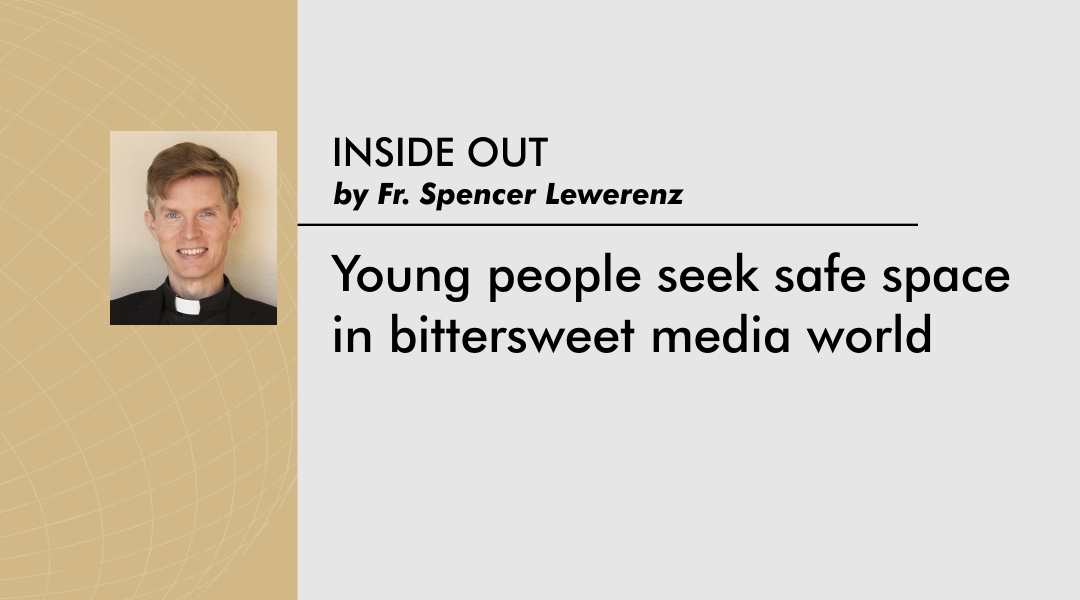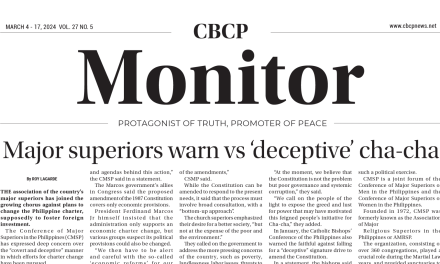
Young people seek safe space in bittersweet media world


Recently, a lyric from my favorite 90s song, The Verve’s “Bittersweet Symphony,” kept coming to me. It goes: “I’ve never prayed but tonight I’m on my knees / I need to hear some sounds that recognize the pain in me.” I think the song is right. We all have a spiritual need for our pain to be recognized, a “safe space” where we can share our hearts.
Young people have been finding their safe space in music and other forms of media for years, taking refuge in expressions of the alienation and awkwardness that we all feel, but that young people are especially sensitive to. My “safe space” as a young person was music. I would escape to the bathroom, a place I could lock the door, turn up the stereo, and shut out a world that didn’t understand or care to understand.
Since music and movies were the place I went to feel understood growing up, later on I ended up moving from midwestern United States to Los Angeles to work in the film industry. Maybe I thought that if I had a big enough platform and people listened to me, then I would feel heard and understood. It seemed like there were a lot of people with the same idea in Los Angeles, so it can be difficult to be heard.
Sometimes it seems like a tragedy that we go around with these unheard stories in our hearts, that the only safe place we can go to feel we are understood is to a TV or the radio or our social media accounts. These places become prisons if they are the only places we can go.
In a previous column, I related a story about how God spoke to my heart and let me know he was listening and he cared. This kind of being known, I discovered, has its own spiritual practice, what Matthew 6:6 refers to as “going into your inner room.” I found that I could enter into a space in my heart where God waits in an intimate silence with those painful things I have been avoiding. In finding somewhere I could share my pains and my fears, I felt liberated from my prison of safety to go out and take a risk.
One of the risky places God lead me was to jail. After entering seminary, I was assigned to assist the Catholic chaplain at the Twin Towers Correctional Facility in downtown Los Angeles. I was fairly scared to go, but I kept up the practice of going to my inner room, where God’s gentle silence calmed my fears.
The first day at the jail, I shadowed the chaplain as he met with various men and women and gave them all kinds of advice, about what they should be doing in prison, with their families, their lives, even their court cases. I didn’t know anything about life in jail, so I felt very unqualified to be there.
Later that day, the chaplain was giving a man advice when he got called away. I suddenly realized with horror that I was going to be left alone with this incarcerated man. I wasn’t afraid of him, I just had no idea what to say. Thankfully, God kept me from saying anything. Within seconds of the chaplain leaving, the man was heaving with loud sobs. He began to tell me the story of his life. What he had wanted was not advice, but a space in which to be heard. I remember thinking that his story was better than any movie I had ever seen.
In that awkward space of me not knowing what to do, this man had felt safe to share his pain. The strangest thing is that as he related to me the painful details of his life, I felt more understood than I ever have. Everything he said somehow corresponded to the cries of my own heart. The details may have been different, but the feeling was the same. All of his lostness, all his mistakes, all his hurt were also mine.
Now when I hurt or feel alone I am drawn not to media but to these kinds of people, people who can’t escape their hurt. Often I am too frightened to leave my own prison to greet them. Our hearts are in the streets or behind prison doors, if only we could escape our own prisons to find them.
Most of all, Bittersweet Symphony seems tragic because Christ recognized our pain in his cry from the Cross and intended us—His Church—to be his extension (or “media”) through which the world will satisfy its spiritual need to “hear some sounds that recognize the pain.” If the Church is not going to its inner room and allowing Christ to calm its fears, if it is remaining locked up in itself, then young people will continue to be locked in their prisons as well. The man in the song can’t find what he’s looking for: the verse ends: “But the airwaves are clean and there’s nobody singing to me now.” And that, at least in Christ’s eyes, is more bitter than sweet.









